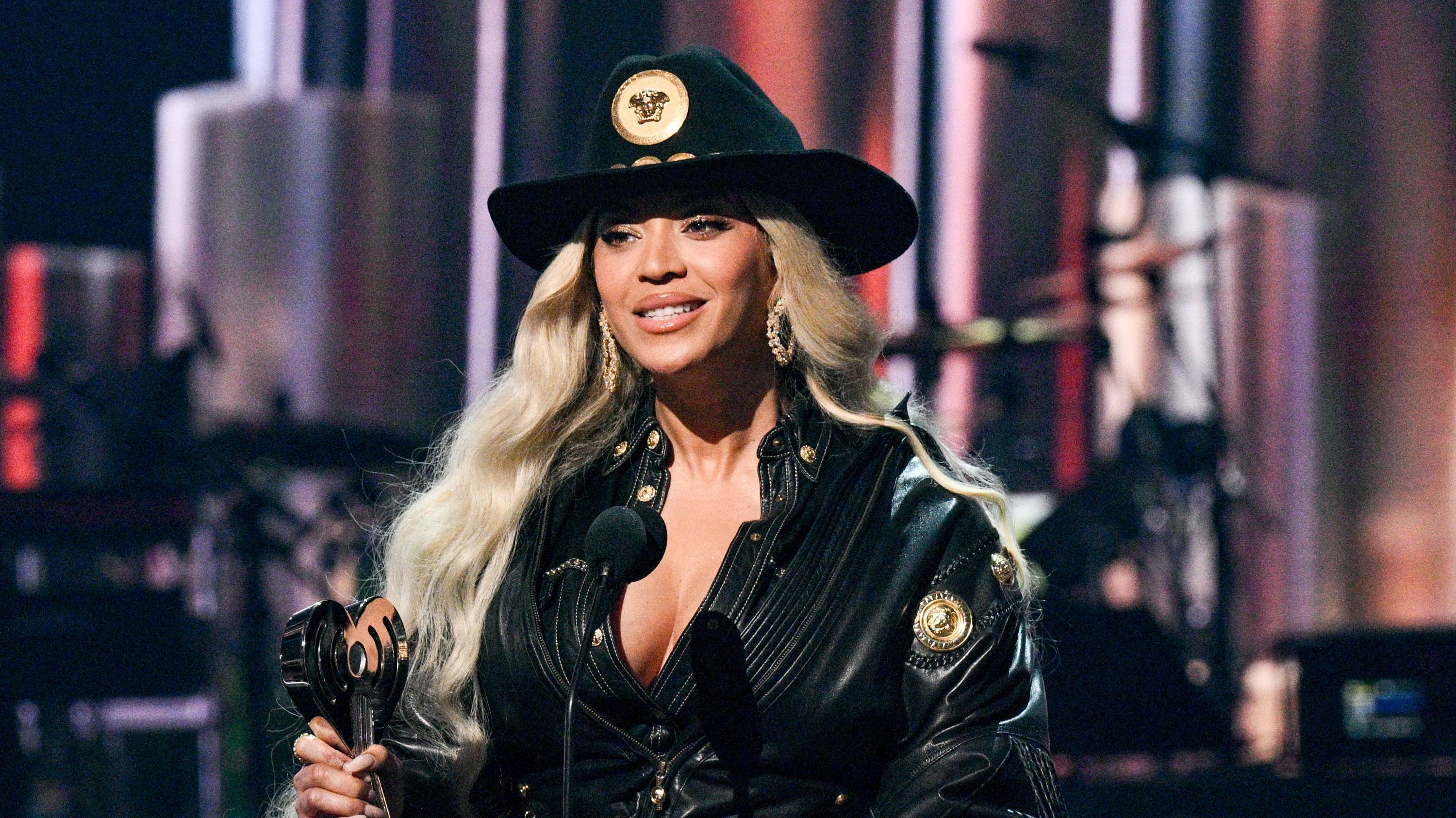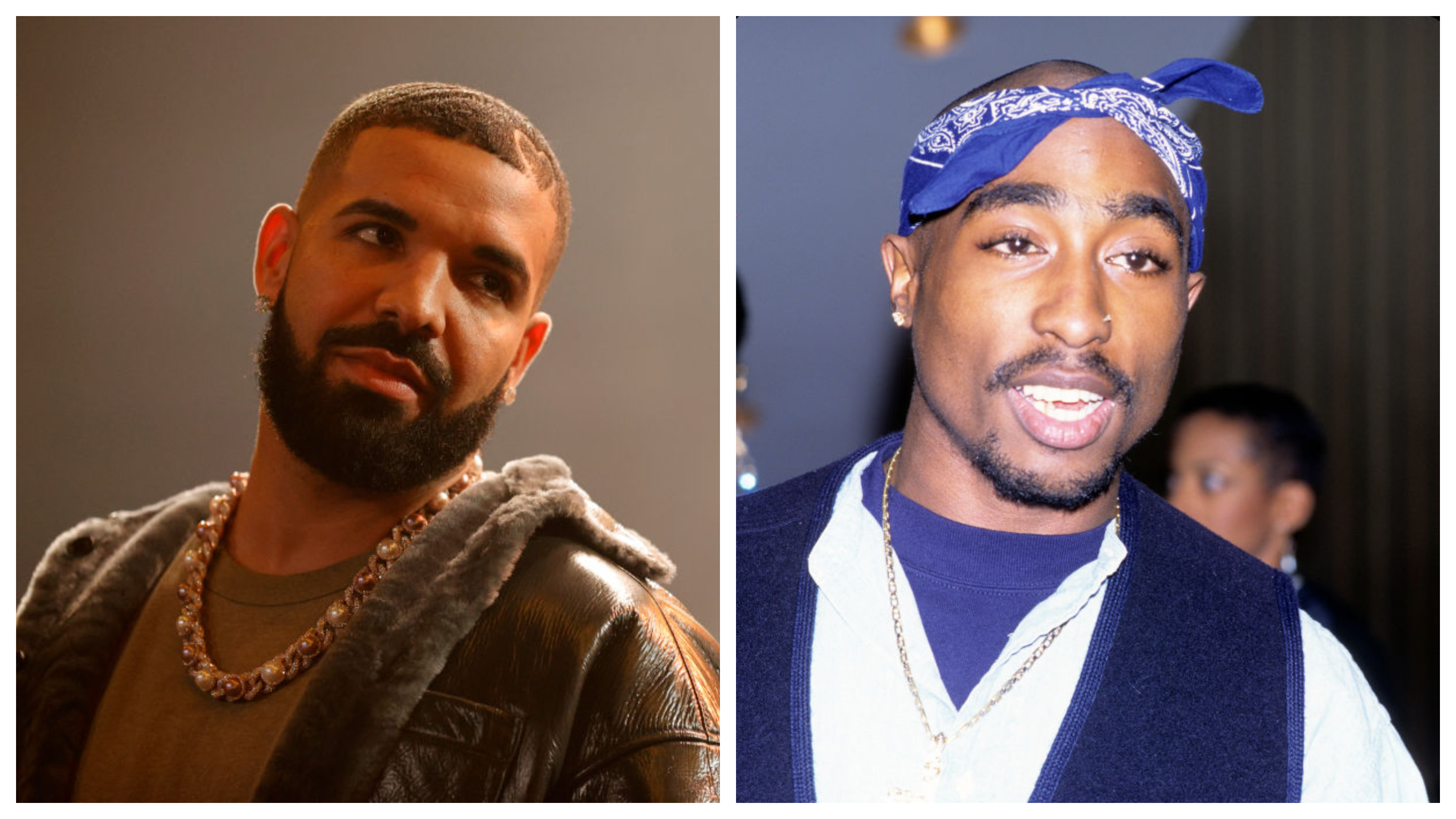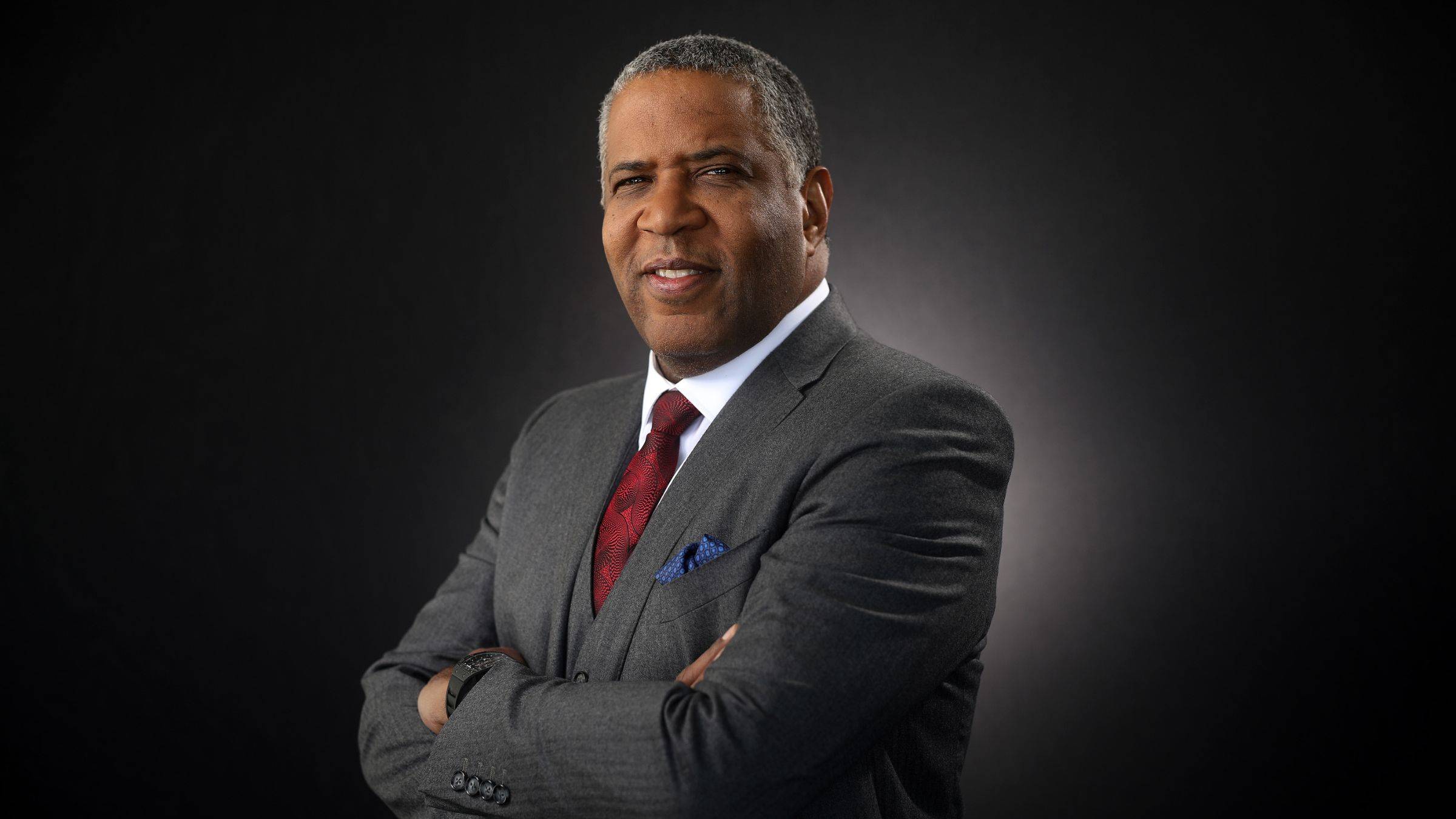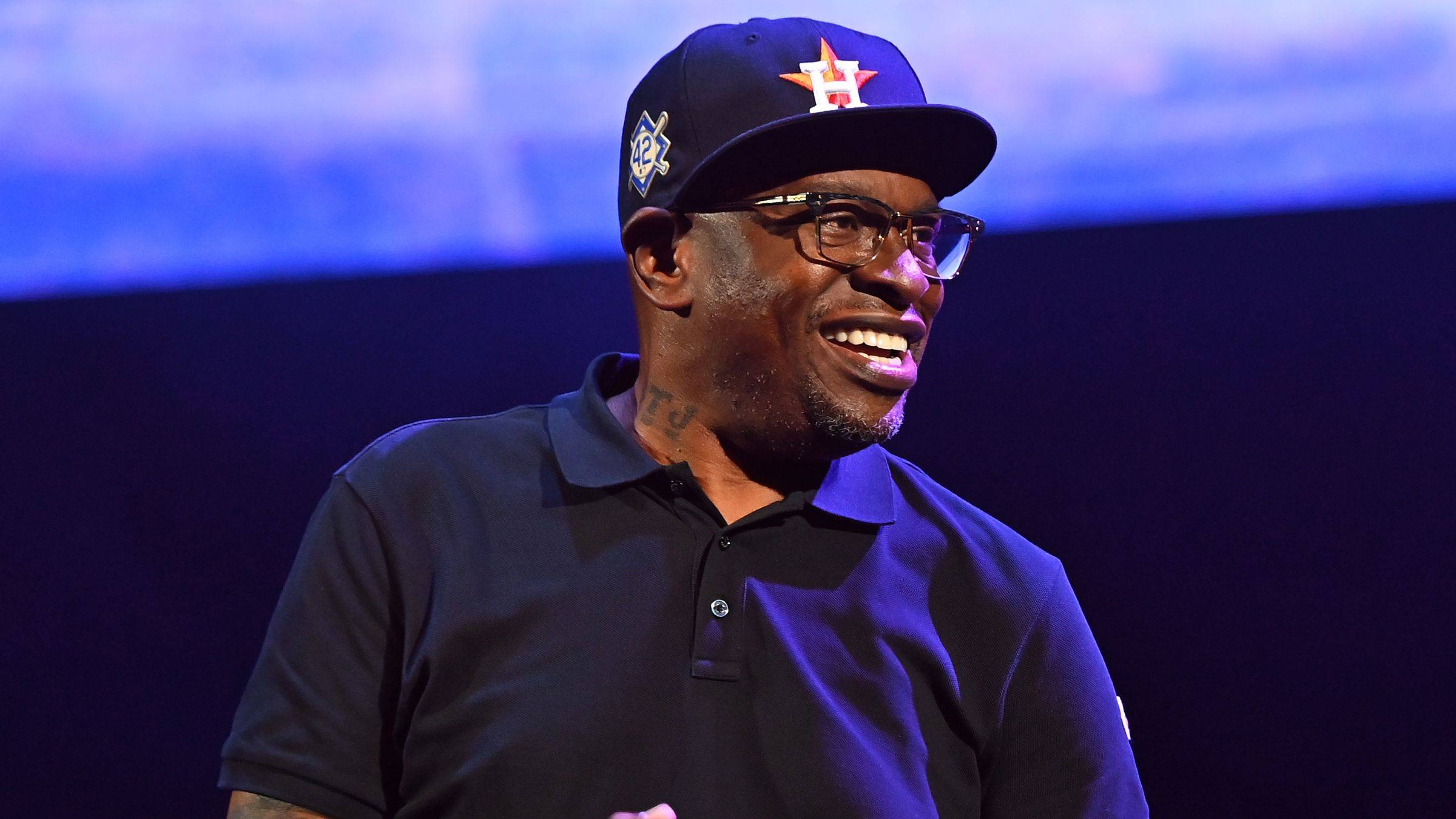Commentary: How Flight Attendants Beat the Tobacco Industry

I remember my first international flight. It was June 1984 and the Dartmouth College track team flew from Boston to London on a seven-hour smoke-filled flight that left me coughing and sneezing in the supposedly "non-smoking section." It seemed curious even then that airlines had created smoking sections in enclosed aircrafts, as if the smoke vapors were bound by the laws of arbitrary seat demarcations instead of the laws of physics.
It wasn't just long international flights either. Passengers routinely lit up on short domestic flights. Every airplane seat was equipped with an ashtray. That created a problem for someone like me. My friend Alphonso still laughs when I tell him I'm allergic to cigarette smoke. There's no such thing, he says. Maybe, but cigarette smoke has always had a negative impact on my body.
I remember sitting in the cramped back seat of my mom's Datsun 280Z waving my hand furiously to push her unwanted second-hand cigarette smoke out of my face when I was a child. Years later, in law school, I politely asked a neighbor in my residence hall to put a towel under his door when he smoked. He couldn't believe his smoke traveled all the way to my adjacent dorm room, so I proved it by knocking on his door every time until he got the message.
I didn't need the Surgeon General to tell me that cigarettes were unhealthy. My body told me each time I was exposed to them. It was common sense. And yet, the tobacco industry fought this obvious truth for decades, even telling Congress that cigarettes are not addictive.
When former New York Mayor Mike Bloomberg pushed through a smoking ban in the city's bars and restaurants in 2003, industry hacks warned the economy would suffer and restaurants would be forced out of business. Instead, thousands of new restaurants opened up in the city. Despite the obvious health threats from cigarette smoke, tobacco lobbyists invoked the same false choice between jobs and public safety to persuade regulators not to ban smoking in airplanes.
It was the flight attendants, the ones who experienced the most severe effects of second-hand smoke, who finally convinced the Federal Aviation Administration to ban smoking on airplanes. That victory for common sense took effect 25 years ago this week, but that was 26 years after Surgeon General Luther Terry's first warning in 1964 that cigarette smoke causes lung cancer.
In that same time period, in 1965, President Lyndon Johnson warned Congress that "a steady increase in carbon dioxide from the burning of fossil fuels" had "altered the composition of the atmosphere." The science behind the effects of carbon dioxide emissions had already started to accumulate more than 50 years ago, and yet here we sit in 2015 while corporate-influenced politicians deny its existence.
Iowa Senator Joni Ernst, whom Republicans chose to deliver the GOP response to President Obama's State of the Union this year, told the Des Moines Register last year that she was skeptical of the overwhelming consensus of the scientific community because she hadn't seen "proven proof" that climate change is manmade. Never mind that 97 percent of climate scientists believe it as long as there's an Iowa pig-farmer-turned-politician or a corporate-funded scientist with doubts.
Stories like these should compel informed journalists and fair-minded policy makers to question the motives of corporate influence peddlers on public policy matters from the Keystone Pipeline to the prison industrial complex. But the nexus between corporate researchers, shady scientists and corrupt politicians has not diminished, as Naomi Oreskes and Erik Conway describe in their book, Merchants of Doubt: How a Handful of Scientists Obscured the Truth on Issues from Tobacco Smoke to Global Warming.
It also doesn't help when corporate-funded civil rights organizations like the NAACP sign onto the policy agenda of big businesses against consumer-friendly net neutrality rules or side with soda manufacturers against regulations on sugar content. Corporate dollars not only influence politicians; they also corrupt civil rights leaders.
A whole industry of corporate-funded spokespeople has emerged to keep Americans confused. They've adopted language about a so-called "nanny state" running our lives and they've created a pro-business, anti-intellectual, anti-science culture in our society that routinely values profits over people.
But whatever happened to common sense and why are we so gullible to corporate lies? Why do we fear our economy will collapse if we don't cave into every demand from big business? Maybe you can't see climate change in the air as clearly as you can see smoke on a plane, but it's not hard to figure out that 100 years of industrial pollution would have some adverse impact on the environment.
Twenty five years after the airplane smoking ban, what have we really learned?
Keith Boykin is a New York Times best-selling author and former White House aide to President Clinton. He attended Harvard Law School with President Barack Obama and currently serves as a TV political commentator. He writes commentary for BET.com each week.
The opinions expressed here do not necessarily reflect those of BET Networks.
BET National News - Keep up to date with breaking news stories from around the nation, including headlines from the hip hop and entertainment world. Click here to subscribe to our newsletter.





